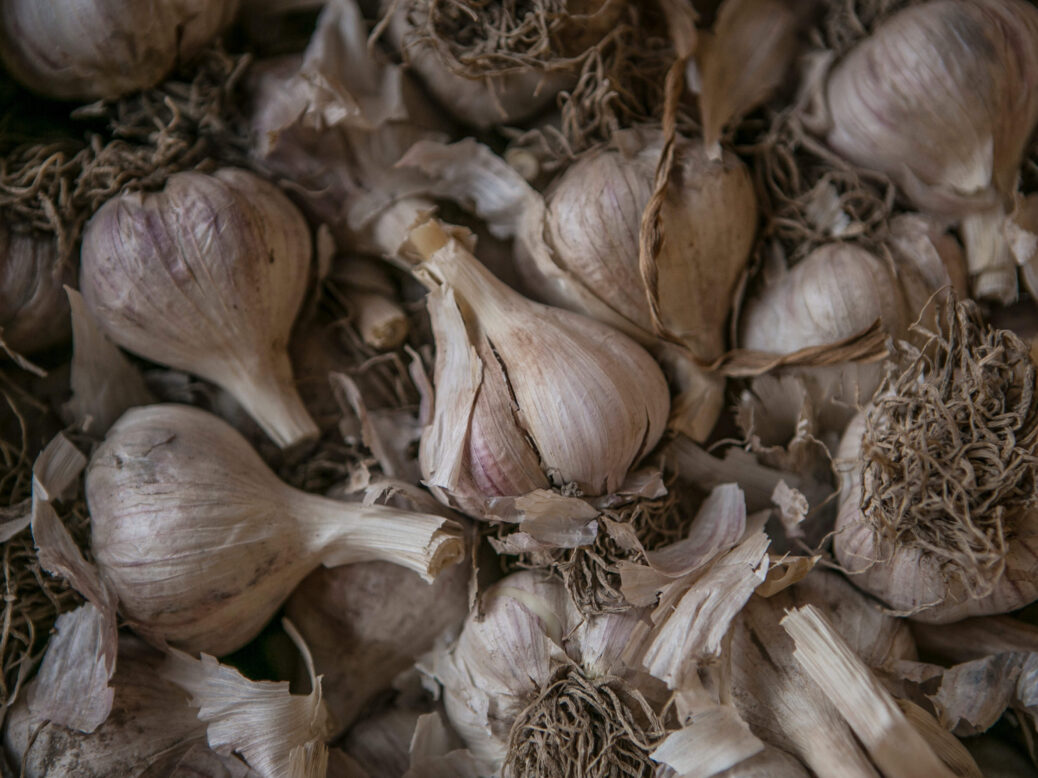
There’s an interesting meme going around pro-Brexit commentators in the wake of Labour’s commitment to remaining in some form of customs union after Brexit: that staying in a customs union with the European Union is regressive, because thanks to the rules of the EU, it costs more for British consumers from the developing world – garlic is the go to example – than it is to buy from the nations of the EU – garlic from France, say – which is bad for the global south.
I say the meme is interesting because it speaks to a striking emerging theme in the Conservatives’ trade policy – such as it is – which is that no-one seems to have put much thought into what that party’s trade policy should be for.
There are two big problems with the meme, the first of which is that it isn’t true: under the EU’s “Everything But Arms” initiative, all exports from the least developing countries are both tariff-free and quota-free, other than, you guessed it, weapons and armaments. In any case, the biggest exporter of garlic to the United Kingdom is China, who are not covered by EBA and aren’t – spoiler alert – in the EU.
The other problem is that it is not necessarily the case that it is in the interests of the United Kingdom to buy more or as much of its garlic from the global south as it does from western Europe. If British trade policy is solely an extension of its international development policy, maybe. If British trade policy has any interest in increasing food security here at home, it’s palpably not the case. If anything, we may want more domestic agriculture after Brexit, not less.
For many on Whitehall, it comes back to Theresa May’s original sin in creating the Department of International Trade as a free-standing department, rather than an outgrowth of either the Foreign Office or the Business department, which means that its major brief will always be to make deals rather than as part of a wider foreign or economic policy brief.
All of which speaks to the wider problem with British trade policy after Brexit, which is that it largely exists at an elite level as a stick to beat Remainers with, or a prize to be revealed when people look back and ask what the United Kingdom got out of leaving. Viewed through that lens, what matters is doing trade deals as quickly as possible, and the contents and how they fit into the United Kingdom’s wider economic, environmental and foreign policy objectives can wait for another time.






